Frank DeFilippo: Sheila Dixon and the Well-Worn Road to Political Redemption
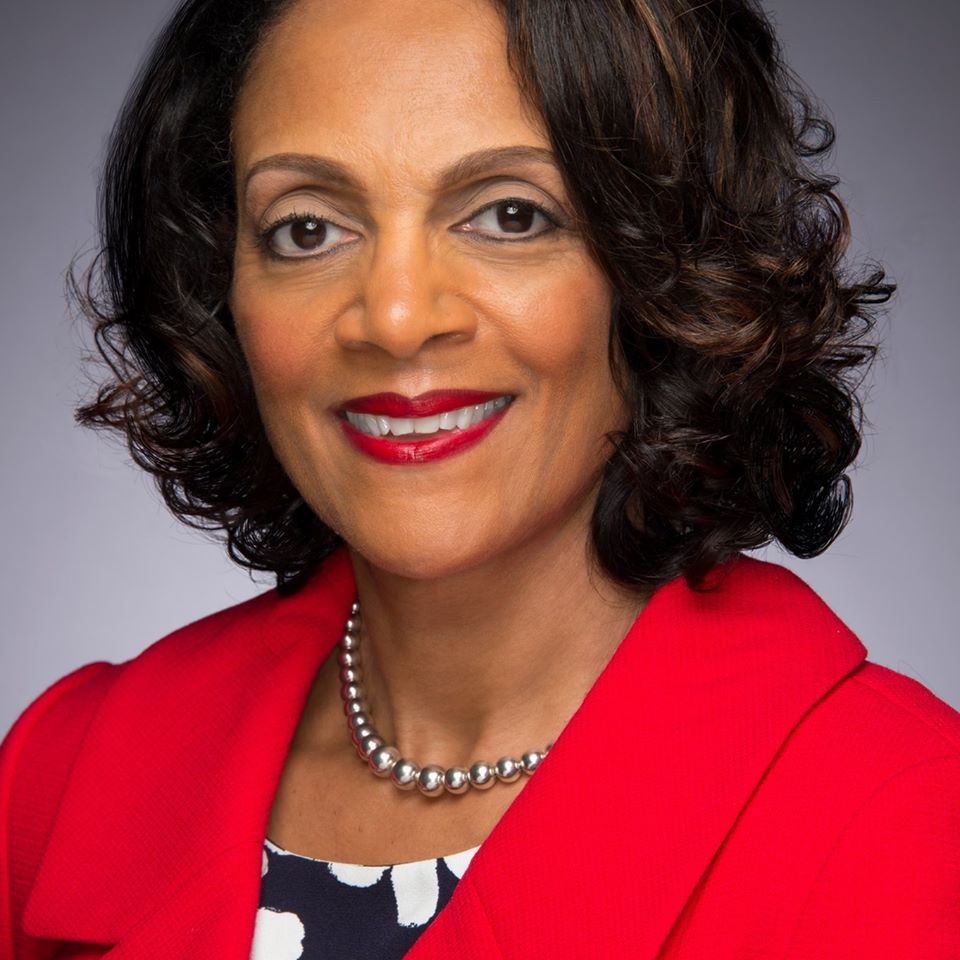
If Sheila Dixon wins a return engagement as the next mayor of Baltimore – and it appears as if she very well could – she won’t be the first person with a criminal record to win or make a comeback to public office, far from it.
Hundreds like her, to one degree of offense or another, have marched through the revolving door of the criminal justice system to public office and back, one, famously, even while he was in prison – not once, but twice.
It is no small irony, too, that if Dixon is Baltimore’s once and future mayor, her term would bracket that of another elected mayor, her rival and nemesis Catherine Pugh, who was just measured for an orange jump suit and ordered to serve three years of soft time in a federal hot house.
Dixon’s fall from grace was criminally, but perhaps not morally, small potatoes compared to Pugh’s grand ponzi scheme that enriched her by $800,000 over seven years. Dixon stole from the poor; Pugh lined her own couture purse.
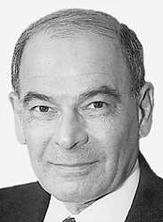
Frank A. DeFilippo
It is a common ethnic saying within the black community and several others that “when a fish goes rotten, it stinks from the head.”
The parade of public officials who’ve spun from office to prison and back again is long, colorful and instructive – that a little contrition eases the comeback trail and, if that fails, try arrogance.
Among the most publicized and outrageous of the hundreds of scallywags who’ve survived both the crime and the time to serve in public office again was James Michael Curley, who won reelection to his alderman’s seat in Boston while in prison, and again as mayor.
Curley also was convicted of mail fraud and spent time in jail as mayor until President Truman intervened and granted him a full pardon. Curley went on to a colorful career as mayor of Boston and one term as governor of Massachusetts. Curley was fictionalized as Frank Skeffington in Edwin O’Connor’s novel, “The Last Hurrah.”
Closer to home and only a few Zip codes away, Marion Barry, an admired but flawed civil rights activist, bounced among prison and public office in the District of Columbia more than a couple of times.
Barry was caught smoking crack in a Washington hotel room with a woman (“bitch set me up”) in 1990 and spent six months in prison. Two years later he was reelected to the District Council and in 1994 Barry was elected mayor.
After an absence and an illness, Barry resurfaced and was again elected to the council in 2004. He died in 2014. All totaled, Barry served as the District’s second mayor from 1979-91, and as its fourth mayor, from 1995-99. And he served three tenures on the D.C. Council.
In the city of Detroit, in 2017, four of the eight candidates for mayor had criminal records.
And in 2018, three candidates for Congress were reelected while under indictment – Rep. Chris Collins of New York, Rep. Duncan Hunter of California, and Sen. Bob Menendez of New Jersey, whose trial for bribery and fraud ended in a hung jury.
Also in 2018, four Republicans with criminal records ran for public office: Joe Arpaio, of Arizona (since pardoned by President Trump); Don Blankenship, a coal mine entrepreneur in West Virginia; former Rep. Michael Grimm, in New York; and Rep. Greg Gianforte of Montana, a congressman (who is now running for governor).
The class of 2018 also included two Democratic ex-cons – David Alcorn, of New Mexico, and Chelsea Manning, who ran for the U.S. Senate in Maryland.
The esteemed U.S. Sen. Sen. Edward M. Kennedy, of Massachusetts, had a record, too. He pleaded guilty to leaving the scene of an accident following the fatal crash at Chappaquiddick in which a Senate aide was killed. Kennedy was repeatedly reelected.
Rep. William Jefferson, of Louisiana, nicknamed “Dollar Bill,” was caught in an FBI sting operation with $90,000 in marked bills in his refrigerator freezer. The FBI raided Jefferson’s congressional office in 2006 but he was reelected later that year. Jefferson’s conviction for bribery and fraud eventually ended his long career.
Rep. Charles Diggs, of Michigan, was charged and convicted in 1978 of taking kickbacks from staff members whose salaries he raised. Diggs was reelected while awaiting sentencing. He was censured by the House in 1979 and resigned a year later. He served 14 months in prison.
And for the record, 10 members of the Nixon administration pleaded guilty or were convicted of crimes; seven members of the Reagan administration admitted or were convicted of crimes; nine members of the (George W.) Bush Administration pleaded guilty or were convicted of crimes; and so far, five close associates of Trump admitted or were convicted of crimes.
Loop back to Maryland and at least nine public officials have been nailed for corruption of one kind or another in the last couple of years. And before that were two governors and two county executives. And even earlier, back in the twilight 1960s, a U.S. senator, Daniel B. Brewster, and a Congressman from the Eastern Shore, Thomas B. Johnson, were found guilty of accepting gratuities in the era of savings and loan scandals.
So Dixon has plenty of company and some ingenious exemplars to emulate on her second try for a comeback as mayor, the office she was forced to resign in 2010 when she was convicted on one misdemeanor count of stealing gift cards for personal use that were intended for the poor. Dixon narrowly lost to Pugh by 2,500 votes in the 2016 Democratic primary.
Name recognition may cut both ways
Redemption and salvation are powerful social and spiritual values within the black community. This is especially so as the community is dominated by a black matriarchy whose sensibilities about their churches are heightened and their sensitivities about the thumb-on-the-scale application of justice is fraught with suspicion. Black women control the vote in Baltimore City which is 9-1 Democratic.
No Republican has been elected mayor since Theodore R. McKeldin Jr. in 1963, and that was on a fusion ticket with Hyman A. Pressman for comptroller. Pressman lost the Democratic primary but teamed up with McKeldin for the general election. Fusion tickets were outlawed in Maryland in 1964 as was that singular practice of a candidate losing in the primary of one party and running in the general election of another party.
Dixon is one of 24 Democrats running for mayor in the April 28 primary election. Peel away the amateur-hour crowd and the incredible shrinking pool of candidates narrows down to fewer than a handful: Dixon; the incumbent mayor, Bernard “Jack” Young; and City Council President Brandon Scott.
Primary elections are about the fundamentals of politics. They are won basically on the ground. Voting is triage, a sorting out of voters for and against and a chase for those that can be persuaded. Organize the vote and get it to the polls on election day (or before, during early voting).
In addition to wide and deep name recognition, Dixon has, by far, the closest claim to a citywide organization of any of the candidates. And she has proven in the past, as City Council president and as mayor, that she has an effective voter delivery system.
Of the other contenders, only Young, the incumbent mayor, and Thiru Vignarajah, have run citywide campaigns – Young as City Council president, and Vignarajah as a losing candidate for state’s attorney. Scott has run from a narrow Councilmanic district. Mary Miller, an Obama administration official and omnipresence on TV commercials, has never before run for public office.
Most of the active candidates are running aggressive TV commercials or issuing stern-sounding statements directed at cleaning up corruption in Baltimore, one way or another.
The mayoral race coincides this year with the presidential primary, which should attract a much higher turnout than the usual dismal showings for mayoral elections. The numbers, too, should benefit Dixon, if they materialize, as they should, in fine late April weather.
Dixon’s next best hope is that the spread of 23 other candidates will so splinter the vote that the candidate with the broadest recognition and best organization toddles in as the winner — Dixon, of course.
But there might be a problem lurking behind Dixon’s built-in advantages. Dixon might have a name recognition problem – voters might recognize it.
Dixon might suffer collateral damage from the lingering fallout from Pugh’s long and messy encounter with corruption, a reminder of Dixon’s tawdry transgressions – guilt not only by association but in actual fact — and a decision, once again, that she is not the appropriate candidate to put a sheen back on the dysfunctional city of Baltimore.
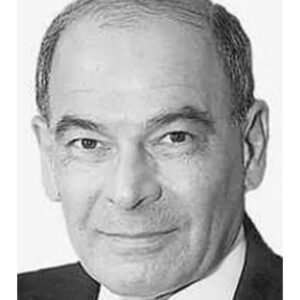
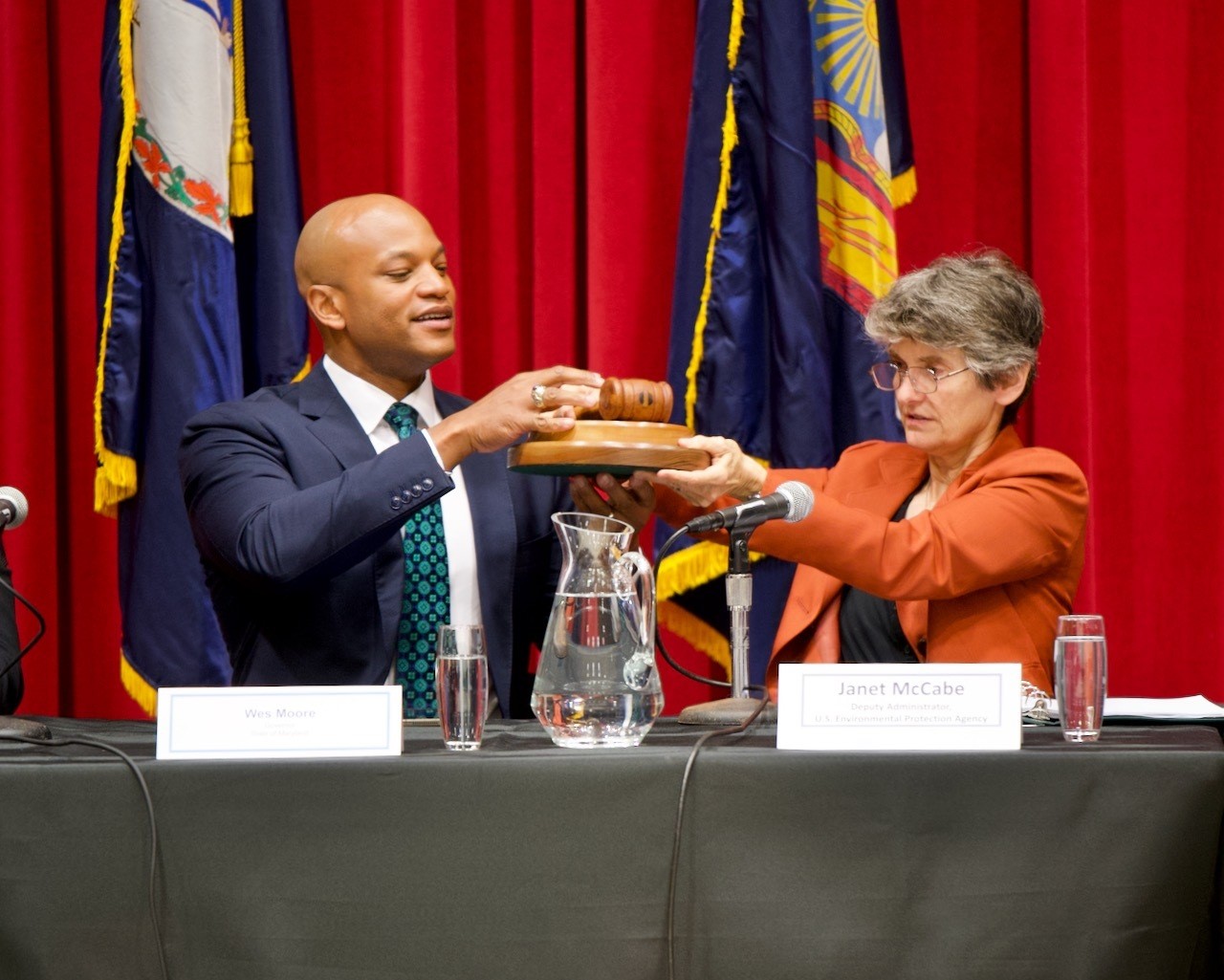
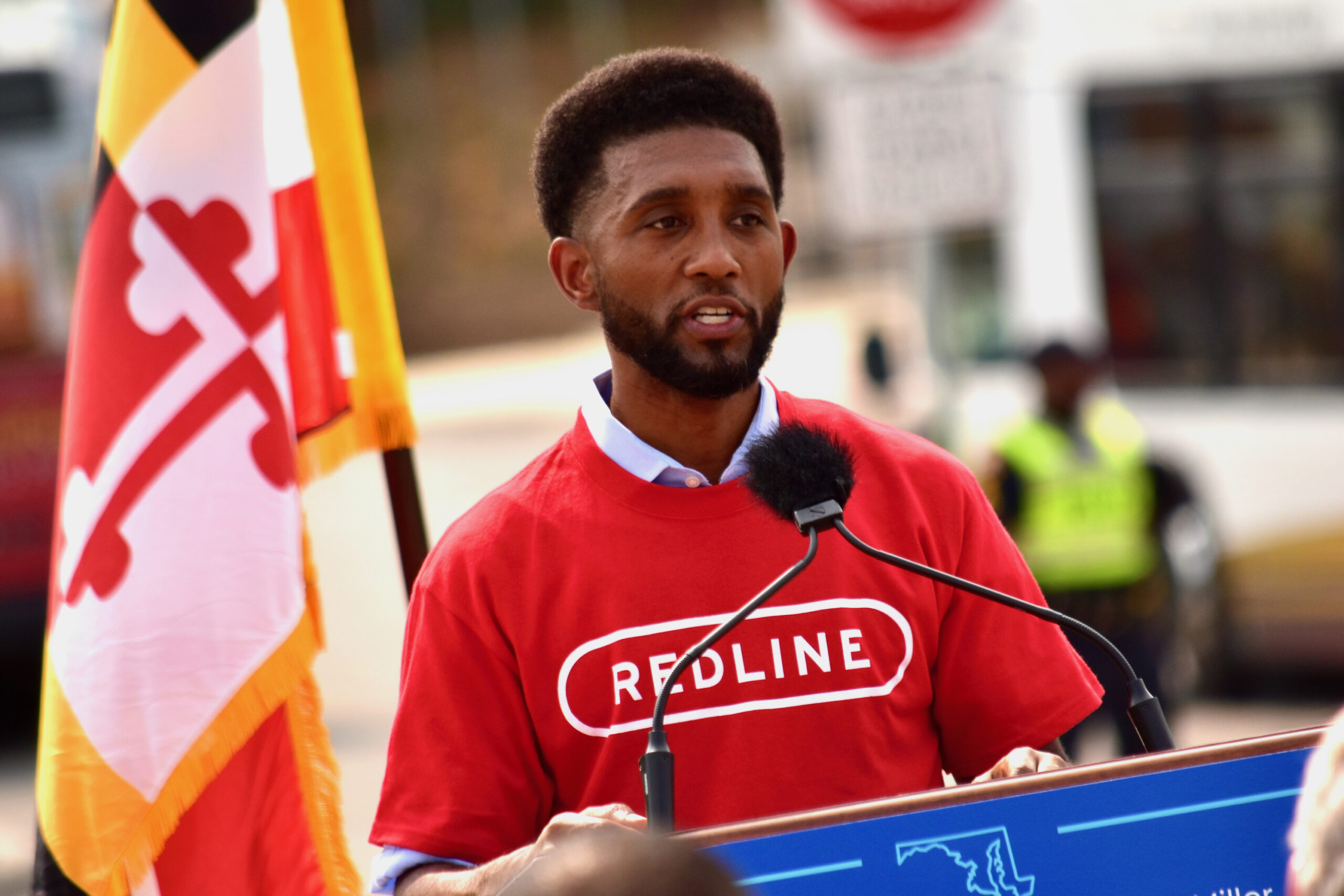
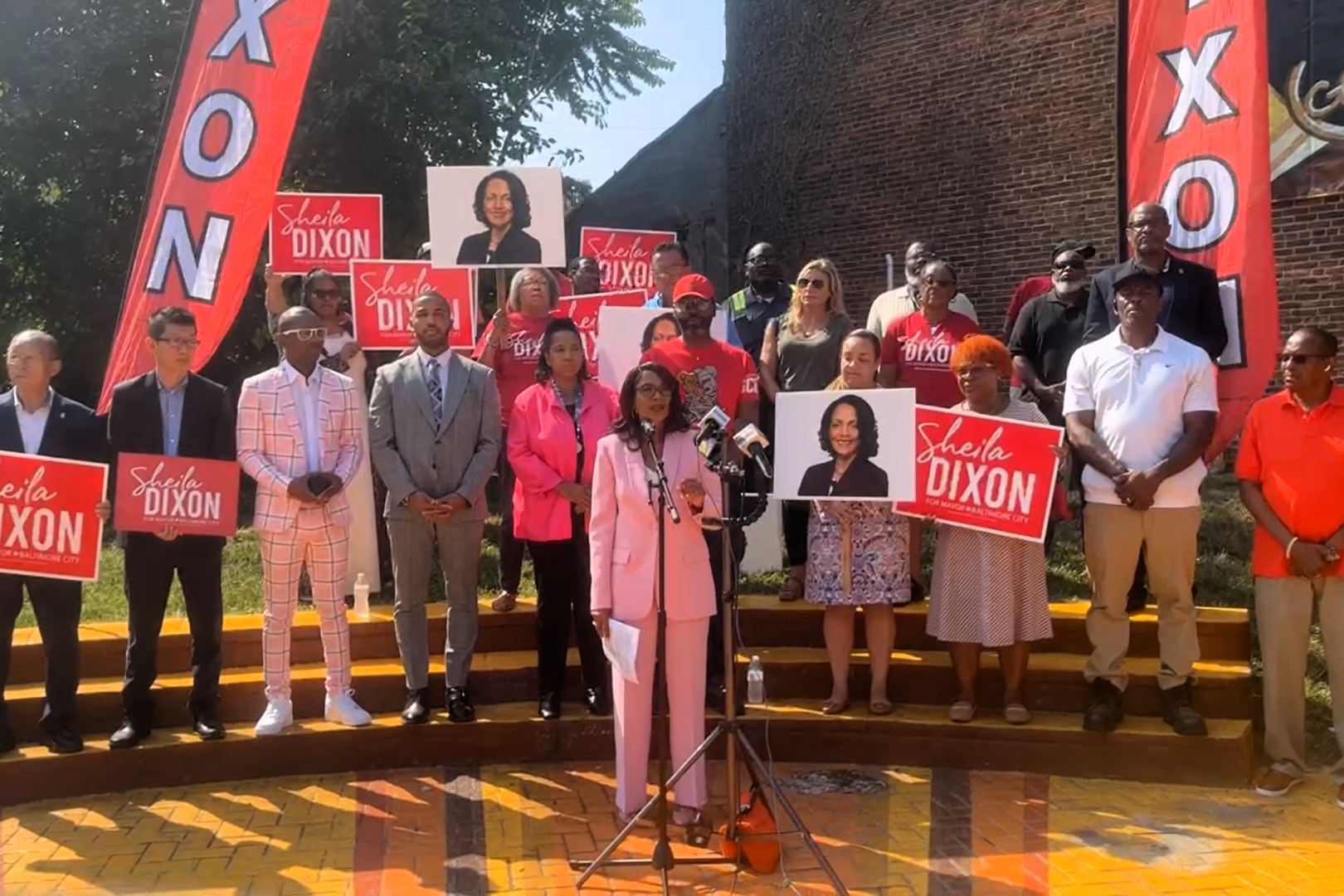
 Creative Commons Attribution
Creative Commons Attribution